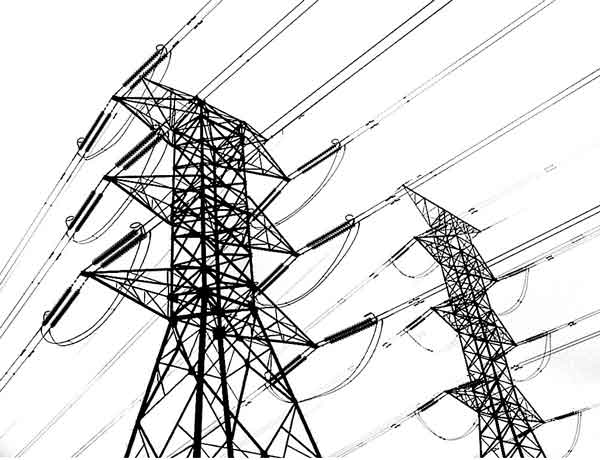Cruise ships to “plug in” at port
By Globe and Mail
Electrical Testing & Commissioning of Power Systems
Our customized live online or in‑person group training can be delivered to your staff at your location.

- Live Online
- 12 hours Instructor-led
- Group Training Available
After two years of negotiations involving many parties, the Bloomberg administration on announced an agreement to supply cruise ships with electrical “shore power.”
The Brooklyn terminal will become the first on the East Coast to adopt the cleaner technology for cruise ships. Some ports on the West Coast, from Alaska to California, have been using shore power for nearly a decade.
People who live near the Red Hook waterfront have been complaining about the fumes since the terminal opened in 2006. Now they hope the agreement will rid their neighbourhood of a source of soot and associated health risks.
According to the U.S. Environmental Protection Agency, the particulates in diesel fumes emitted by idling cruise ships can aggravate asthma and other respiratory ailments and can increase the risk of cancer. Asthma is a significant problem in the community, which is home to a large public housing project and is already inundated by fumes from the Brooklyn-Queens Expressway.
A large cruise ship burning diesel fuel emits more than 1,600 tons of air pollutants annually, according to an environmental impact study conducted as part of the proposal to switch to electric power. Plugging into a hydroelectric source at the Red Hook port would eliminate nearly 1,500 tons of carbon dioxide, 95 tons of nitrous oxide and 6 1/2 tons of diesel particulate matter annually, a study showed.
“It will be the equivalent of removing 5,000 cars per year from the road annually,” said Seth W. Pinsky, the president of the city’s Economic Development Corp., one of the agencies involved in the project.
While there has been little controversy about the merits of reducing pollution, a debate had raged over the rate for the electricity and who should pay.
The Economic Development Corp., which manages the cityÂ’s cruise terminals, agreed to subsidize some of the cost of the power, as did the New York Power Authority, the company that supplies it. The rate will be 28 cents per kilowatt hour.
Under the five-year agreement, the Carnival Corp., which owns the Cunard LineÂ’s flagship Queen Mary 2, will pay 12 cents per kilowatt hour, while the cityÂ’s economic agency and the power authority will divide the remaining 16 cents, officials said.
Carnival will also have to pay about $4-million US to retrofit its ships that use the port – the Queen Mary 2 and the Caribbean Princess, according to the Bloomberg administration. The ships are scheduled to dock in Brooklyn about 40 times in 2012.
Plugging into the grid may cost Carnival more than $1-million annually above what diesel generators would.
The Princess cruise line was the first to embrace the technology, known in the maritime industry as cold ironing, introducing it 10 years ago in Juneau, Alaska.
The Port Authority of New York and New Jersey spent $12-million to upgrade the infrastructure at the Brooklyn port, which it owns. The EPA contributed an additional $2.9-million.











